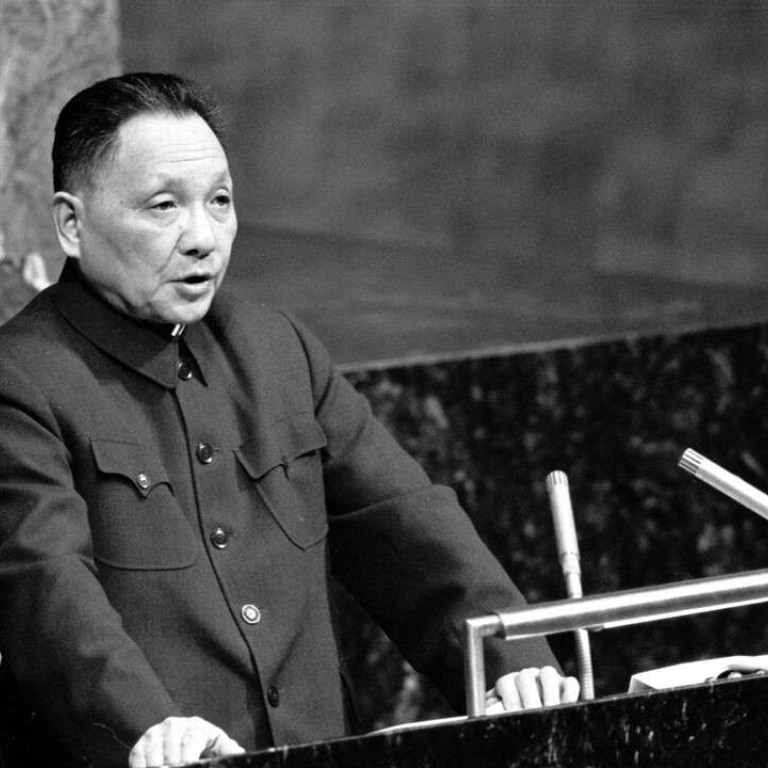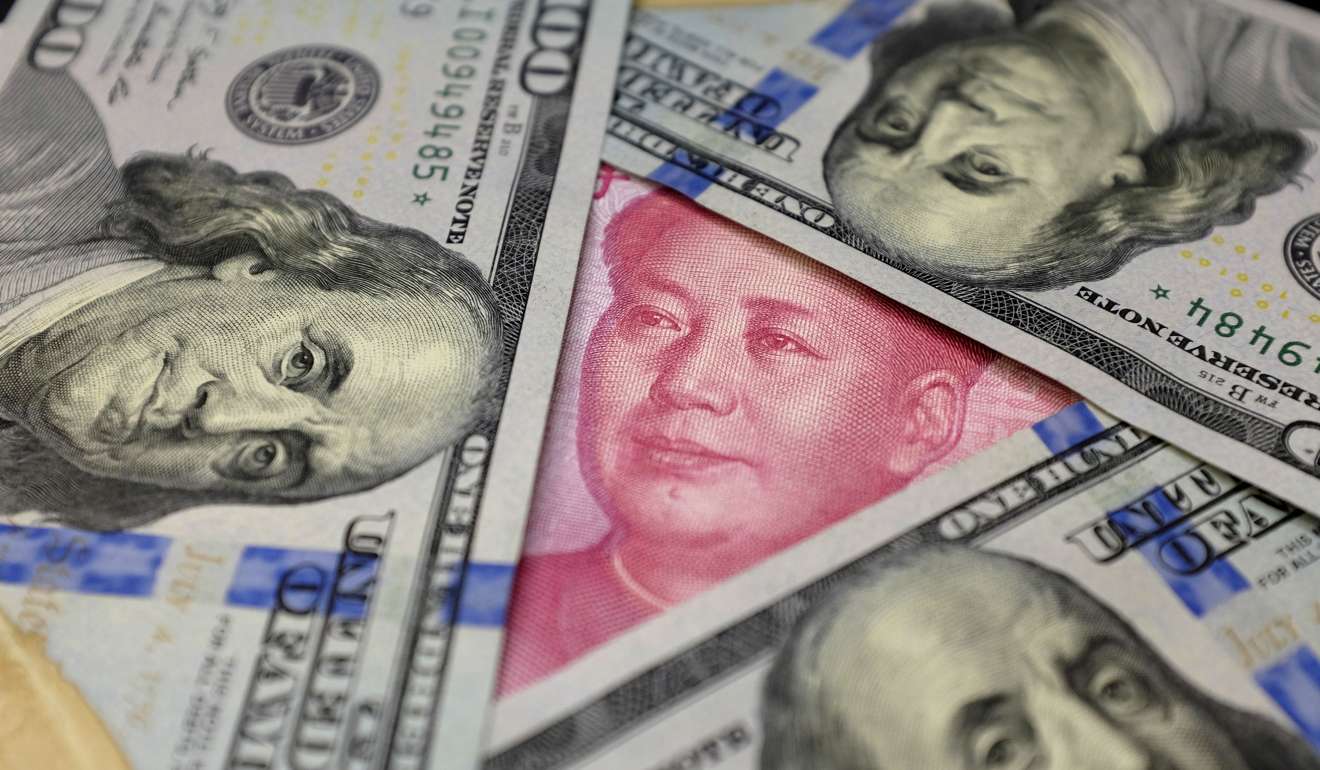
Chinese media low-key about Deng Xiaoping 20 years after paramount leader’s death
Deng is recognised as ‘chief architect’ of nation’s reform and opening up
The 20th anniversary of the death of paramount leader Deng Xiaoping passed quietly on Sunday without no fanfare and little coverage by state-owned media.
Deng, who died in 2007, aged 92, is largely applauded as the “chief architect” of China’s economic reform.
The official Xinhua News Agency, China Central Television and People’s Daily communist party
newspaper did not carry any articles commemorating the anniversary.
People.com.cn, the website of the People’s Daily, dedicated an inside page to the anniversary, which featured news of commemoration activities in Guangan, Sichuan, where Deng was born. Other state media such as the websites of the PLA Daily and China Youth Daily carried historical accounts and quotes by Deng in low-key commemorations.

Only the Bejing News published a signed commentary, urging the continuation of reform as the best way commemorate Deng.
“The high-level authorities tend to celebrate the anniversary of the birth, not the death, of a statesman,” said independent historian Zhang Lifan.
Zhang said a high-profile commemoration of Deng would also be “out of tune” with the current administration.
“Deng’s era was about reform and opening up, which is not exactly the current leader’s idea of governance. A high-profile commemoration would appear ‘out of tune’,” Zhang said.
A high-profile commemoration would not be in the interest of President Xi Jinping, who is establishing his own image of personal authority, said Chen Daoyin, from the Shanghai University of Political Science and Law.
“It is Xi’s era now and he must not be overshadowed by the glory of his predecessors. It does no good in establishing his own personal authority,” Chen said.
Xi consolidated his power and established his image as a tough opponent of corruption, especially cases linking party officials and businessmen, Chen said, but that kind of corruption went back to the time of reform and opening up when those with government connections took advantage of them to make their fortune.
Chen said it was unlikely Xi would officially gave up Deng’s legacy of reform and opening up, but would adjust it to his beliefs.

